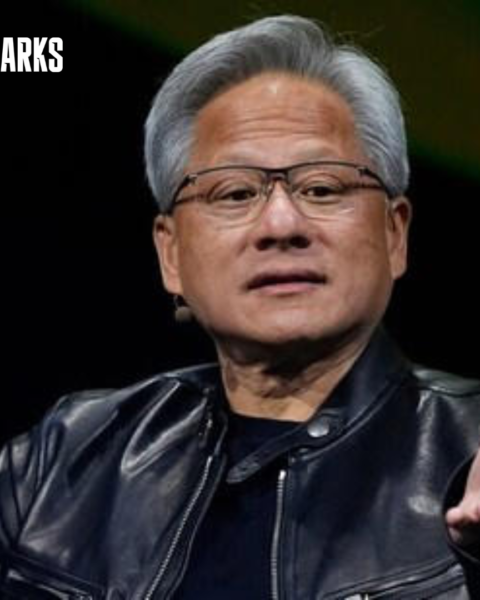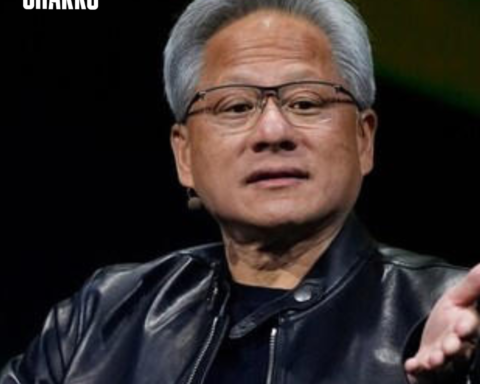End of Google Third-Party Cookies: Navigating the Impact

Google’s decision to phase out third-party cookies to enhance user privacy marks a significant shift in the digital advertising ecosystem.
While lauded for privacy protection, the move poses challenges for businesses reliant on targeted advertising and threatens the existence of many smaller publishers.
Implications for Businesses and Marketers:
Without third-party cookies, businesses face difficulties targeting and understanding their audience, potentially leading to revenue losses and reduced ad effectiveness. Marketers may struggle to deliver relevant ads, prompting increased ad volume and less engaging user experiences.
Smaller publishers and websites heavily reliant on advertising revenue may face closures or diminished capabilities due to the loss of third-party cookies.
Revenue losses of 20% to 40% are anticipated, exacerbating existing challenges in sustaining online platforms.
Privacy Concerns and Alternative Solutions:
While the end of third-party cookies aims to enhance user privacy, concerns arise regarding normalizing granular data collection through alternative means like user logins.
Google plans to introduce privacy-preserving technologies, such as cohort-based targeting, to address these concerns while still delivering relevant ads.
Tech giants like Meta, Apple, and Amazon are better positioned to adapt to the cookieless future due to their walled gardens and direct user relationships.
However, smaller players and publishers may struggle to navigate the transition and compete for ad dollars in the evolving digital landscape.
The Future of Digital Advertising:
The demise of third-party cookies signifies a pivotal moment in digital advertising, prompting a reevaluation of privacy practices and revenue models.
Collaboration among industry stakeholders and adopting alternative targeting methods will shape the future of online advertising amidst evolving privacy concerns.
Share This
Tony Boyce is a seasoned journalist and editor at Sharks Magazine, where his expertise in business and startups journalism shines through his compelling storytelling and in-depth analysis. With 12 years of experience navigating the intricate world of entrepreneurship and business news, Tony has become a trusted voice for readers seeking insights into the latest trends, strategies, and success stories.




















